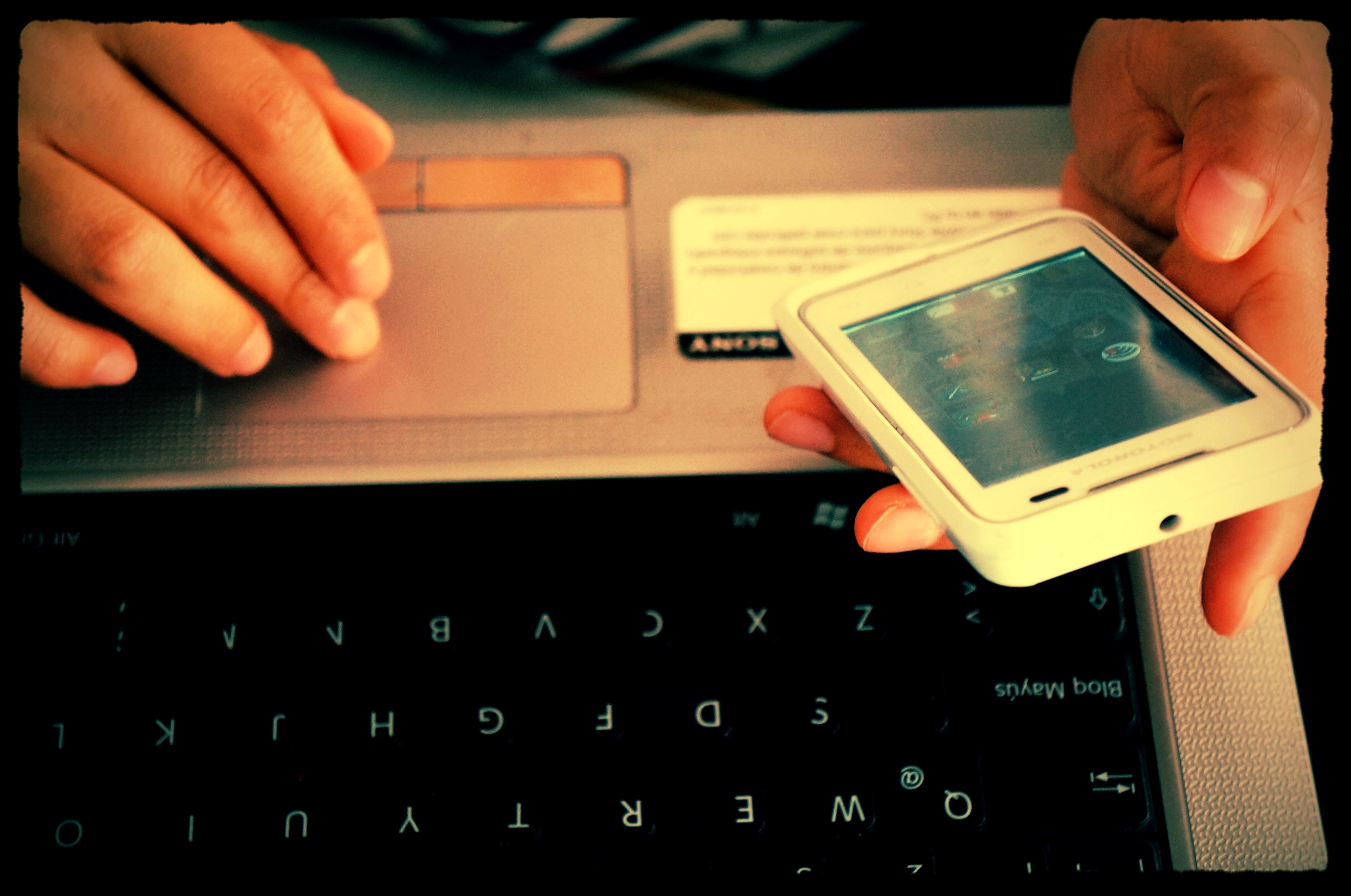This week the iPhone turned 10 years old. Since its release, Apple’s smartphone and similar devices have become ubiquitous and essential navigation devices, encyclopedias, alarm clocks and cameras. But experts have calculated the cost of dependence on one’s smartphone, examining whether instead of supplementing brainpower, the phone causes users to think less.
Adrian Ward, assistant professor at the McCombs School of Business at the University of Texas at Austin, recently co-published an article that says that may be the case.
“There are some cognitive effects that we’re just starting to understand,” Ward says.
In one smartphone experiment conducted by Ward’s team in which devices were either left outside the lab, located inside a pocket or bag, or placed near their work area, researchers saw a significant difference in study subjects’ ability to carry out cognitive tasks. The study showed that the farther away the phone was from the person, the better they performed the task.
“What’s really striking about this, is they weren’t using their phones,” Ward says. “They weren’t getting notifications.”
In related study, Ward had half the participants turn off their phones and half leave them on. But it didn’t make a difference – he says he discovered that it was just the phone’s presence that resulted in the effect.
Ward’s second experiment tested sustained attention – how well a subject can concentrate on the task at hand. Ward also measured cognitive resources, or the amount of brainpower, it took to do the task. There was no difference shown in sustained attention, but the amount of resources available to pay attention was limited.
“It’s intuitive that when we use our phones instead of doing other things that’s problematic,” Ward says. “What’s less intuitive is just having them in the environment can be problematic.”
The problem, Ward explains, is that when people resist the temptation to check devices, that uses up brainpower.
Because smartphones have become a part of everyday life for the general public, Ward says he would next like to explore how the studies’ findings affect workplace and social relationships.
Written by Louise Rodriguez.


















